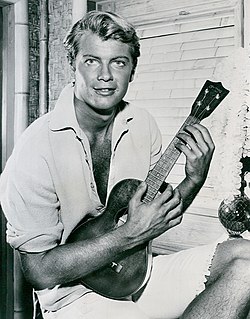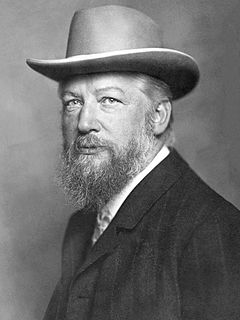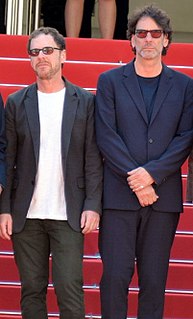A Quote by Bill James
I tried not to write about the O.J. Simpson case too much because so much has already been said about it, but there are a lot of questions left worth asking. However, the case is very useful to illustrate other points. The case is a common reference point because everybody knows the ins and outs of it, more than any other case in this generation, so it becomes useful to reference other points. In itself, there aren't that many questions about it that remain unanswered.
Related Quotes
There's no question that protectionist or sort of moral suasion efforts like this can make a difference on a case-by-case basis. We have seen it in the past. It will probably save a few thousand, possibly more, jobs this time. But if the economics are saying that this is an expensive place to produce stuff, it's very hard to see that turning that around. That's why it would be more useful to focus on some of the other points that I think Donald Trump was making about making US a better place to manufacture.
The intelligence community, in particular the FBI, have been sounding alarms about this for more than a year. So to argue that suddenly we have to do this because of the San Bernardino case doesn't really pass the straight-face test. I mean, they've been talking about this. And to say, well, it will only apply to this case, that just - that doesn't wash. This is a major piece of public policy.
As I listened to the verdicts in the Casey Anthony case, acquitting her of the homicide of her baby girl, I relived what I felt back when court clerk Deirdre Robertson read the verdicts in the Simpson case. But this case is different. The verdict is far more shocking. Why? Because Casey Anthony was no celebrity.
But where only a free play of our presentational powers is to be sustained, as in the case of pleasure gardens, room decoration, all sorts of useful utensils, and so on, any regularity that has an air of constraint is [to be] avoided as much as possible. That is why the English taste in gardens, or the baroque taste in furniture, carries the imagination's freedom very far, even to the verge of the grotesque, because it is precisely this divorce from any constraint of a rule that the case is posited where taste can show its greatest perfection in designs made by the imagination.






































